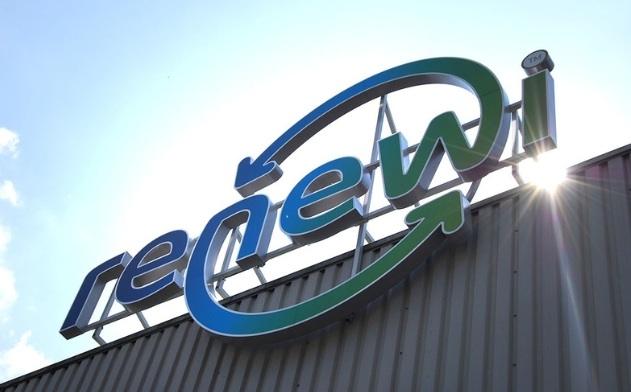bp Acquires Landfill Gas-to-Bioenergy Company Archaea for $4.1 Billion
Energy giant bp announced the acquisition of Archaea Energy, one of the largest Renewable Natural Gas (RNG) providers in the U.S., in a transaction valued at over $4 billion, including $3.3 billion in cash and the assumption of $800 million in net debt.
According to bp, the acquisition will enhance the company’s ability to both support its customers decarbonization goals, as well as its own ambition to reduce the carbon intensity of the products it sells.
RNG is a pipeline-quality biomethane, derived from the decomposition of organic waste materials, and processed to be fully interchangeable with fossil-based natural gas, for uses including transport fuels, heating and power generation.
Based in Houston, Texas, Archaea builds and operates RNG facilities to capture waste emissions from landfills and convert them into low-carbon fuel, partnering with landfill owners to turn their facilities into renewable energy centers. The company currently operates 50 RNG and landfill gas-to-energy facilities across the U.S., producing approximately 6,000 boe/d of RNG, and has a development pipeline supporting a 5x increase in RNG volumes by 2030. Archaea announced a joint venture with Republic Services earlier this year to develop 40 RNG projects across the U.S.
Nick Stork, CEO of Archaea Energy, said:
“Archaea has become one of the largest and fastest growing RNG platforms in the US and today’s announcement will further enable this business to realize its full potential. bp is a world-class partner with an operational history in the RNG value chain that is fully aligned with ours and our partners’, and I look forward to our hard-working team joining the bp organization to help achieve their bioenergy goals.”
The acquisition follows an announcement by bp earlier this year of plans to significantly ramp energy-transition investments, with a target to increase capex in ‘transition growth businesses’ – which include bioenergy, convenience, electric vehicle (EV) charging, renewables and hydrogen – to 40% of company capex by 2025 and around 50% by 2030. bp’s goals include the achievement of 50 GW of renewable power capacity and investments in five major biofuels projects by 2030.
bp launched a long-term strategy in 2020 to transform itself from an international oil company into an integrated energy company, with goals to reduce oil and gas production over time while increasing investments in low carbon energy sources.
Bernard Looney, bp chief executive, said:
“Investing with discipline into the energy transition, creating further value through integration – this is exactly what bp’s transformation into an integrated energy company is all about.”
bp has said that it anticipates a significant increase in biogas demand over the next several years, forecasting in its “Energy Outlook 2022” that biogas will grow more than 25-fold between 2019 and 2050. The acquisition of Archaea will provide an immediate 50% increase in bp’s biogas supply volumes, creating the potential for the company to reach 70,000 boe/d of biogas supply volumes by 2030, while expanding the company’s position in the U.S., and potentially also in other geographies, including the UK and Germany.
Dave Lawler, Chairman and President of bp America, said:
“This deal accelerates our ability to deliver cleaner energy, generate significant earnings in a fast-growing sector and help reduce emissions. This could help bp take a significant stride toward our net zero ambition.”





